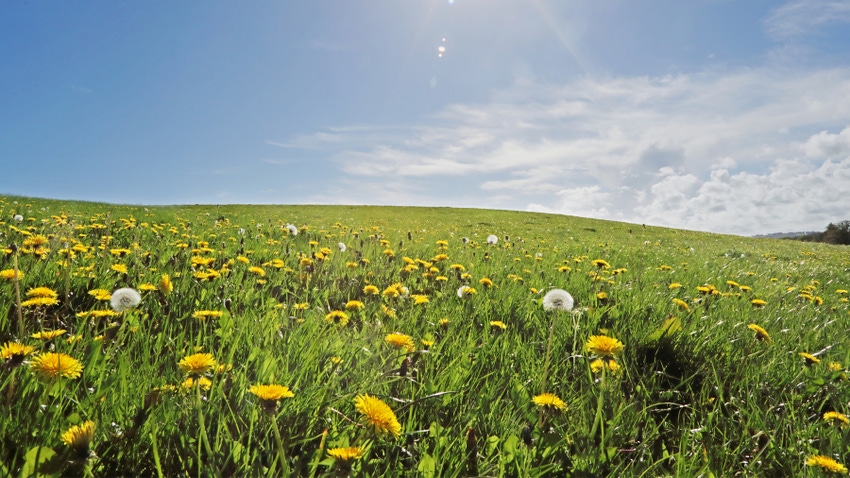
“Hey Sarah, got any sunscreen?”
I hear this question often from friends during the summer, whether hiking in the mountains or roping in the outdoor arena. Being of mainly Irish descent with a penchant for spending long hours outdoors, I need to use a good sunscreen. After having my fair share of sunburn-associated misery, I always have some SPF stashed in my purse, backpack, rope bag and car.
Aside from avoiding the unpleasantness that accompanies sunburns, proper sun protection offers major health benefits. The American Academy of Dermatology says the best way to prevent skin cancer is to protect your skin from the sun. With skin cancers being the most common type of cancer in the U.S., taking a few minutes throughout the day will minimize damage to the skin from ultraviolet rays.
Skin cancer can affect everyone — no matter their age, gender or skin tone. The AAD says 1 in 5 Americans will develop skin cancer in their lifetime. Aside from the clear dangers of skin cancer, sunscreen can help prevent sunburns, skin aging, wrinkles and age spots. While these aren’t exactly as important as cancer prevention, I see them as an added bonus!
Wear it right way
While a broad-spectrum, water-resistant sunscreen with an SPF of 30 or higher helps save skin, the association also recommends long sleeves and wide-brimmed hats for further protection. I’ll be honest, as diligent as I am about applying (and reapplying) my sunscreen, I’m not one to wear long sleeves in the summer. This makes even more important for me to remember my trusty tube of SPF.
My face and hands are coated with a thick layer of sunscreen every day — no matter the season. With snow serving as a giant reflector, skin needs sun protection even during the winter.
Moisturizers and cosmetic products may also contain SPF, but a true sunscreen should be used for the best protection. Nearly every product that goes on my face has varying levels of protection.
All skin that isn’t covered by clothing should get a coat of sunscreen. It’s estimated that adults should use 1 ounce to fully cover their body. Of course, this can vary from person to person, but a generous amount should be used for best coverage.
The top of feet, back of neck and behind the ears are easy places to miss an application of sunscreen. Many times, I’ve forgotten to apply SPF to the back of my neck — only to be reminded with a stinging sensation each time I turned my head.
Your lips and eyes are also susceptible to damage from UV rays, so apply lip balm with SPF and grab your sunglasses when you’re headed out the door.
If sunscreen isn’t your thing, other ways can help protect you from skin cancer. Seek shade when the sun’s rays are the strongest, usually during the lunchtime hours. A lightweight, long-sleeve shirt and other sun protective clothing provides a physical barrier from the sun. Finally, avoid tanning beds.
Whether you prefer physical or chemical options, make a plan to protect yourself from harmful UV rays and ward off sunburns this summer.
Ouch — treating that burn
As careful as you may be, sunburns can still happen with long hours outside. Here are some tips from the American Academy of Dermatology on effectively treating an unfortunate sunburn:
Get out of the sun. Putting yourself in a shady spot or going inside can prevent further damage from a sunburn occurring. If you get burned, protect your skin while it heals by wearing tightly woven clothing to fully cover affected areas.
Relieve pain. Taking cool baths or showers can help. Applying moisturizer to damp skin can replenish the water in your skin, easing the sunburn-associated dryness. Plus, a moisturizer with aloe vera or soy can further soothe burned skin. An aspirin or ibuprofen can help reduce swelling, discomfort and redness of the skin.
Drink water. As sunburns draw fluid away from the rest of your body to the skin’s surface, it’s important to replenish lost water to prevent dehydration.
Don’t pop blisters. Allow any blister to properly heal, as it helps protect skin from infection.
Read more about:
Rural HealthAbout the Author(s)
You May Also Like






